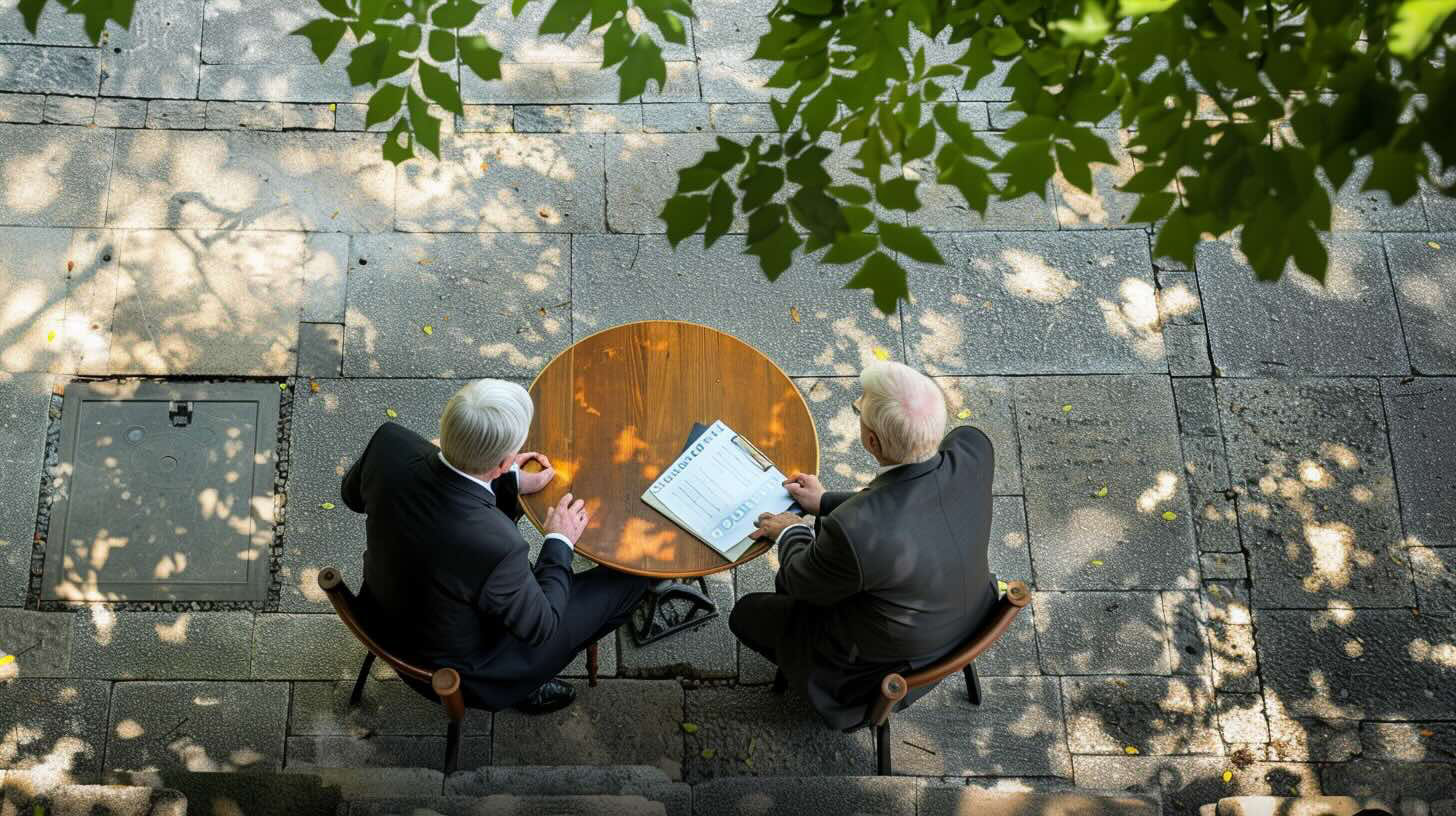Venezuela, a country rich in natural resources and cultural diversity, presents a fascinating landscape where customary practices and formal law intersect in unique and complex ways. Understanding this intersection is crucial for anyone interested in the socio-legal dynamics of the country, particularly in the realms of daily life and business.
**Customary Practices in Venezuela**
Customary practices in Venezuela are deeply rooted in the nation’s history and cultural heritage. These practices are often unwritten rules passed down through generations, serving as a guide for social interactions and community cohesion. They encompass a wide range of activities, from traditional ceremonies and rituals to informal dispute resolution mechanisms. In rural areas and among indigenous communities, these customs hold significant sway and are often considered as binding as formal laws.
In business, customary practices play a notable role. The concept of **”compadre”** or godparental relationship is a prime example. This relationship extends beyond family ties and influences business dealings, where trust and personal connections are paramount. Making agreements based on mutual respect and personal relationships forms an essential part of the business culture. Such connections often facilitate smoother transactions and can provide more security than formal contracts, which might be subject to interpretation or enforcement issues.
**Formal Law in Venezuela**
The legal system in Venezuela is primarily derived from civil law traditions, with its roots in Roman, Spanish and French law. **The Constitution of Venezuela**, adopted in 1999, is the supreme law of the land and outlines the fundamental rights and duties of citizens, as well as the structure and operation of the government. The formal legal framework covers various areas including criminal law, commercial law, family law, and labor law.
However, the effectiveness and application of formal law in Venezuela are influenced by numerous factors. Political instability, economic challenges, and issues such as corruption have at times undermined the enforcement of legal provisions. For businesses, navigating through formal legal processes can be cumbersome, often requiring a deep understanding of both the written statutes and the unwritten rules that may impact their application.
**Intersection of Customary Practices and Formal Law**
The intersection of customary practices and formal law in Venezuela can be seen in several areas. One notable area is land ownership and usage rights, particularly in rural and indigenous communities. While formal law provides for legal titles and specific ownership rights, customary practices often govern the actual usage and inheritance of land. This dual system can sometimes lead to conflicts, necessitating careful negotiation and mutual respect between the parties involved.
In the business context, contracts may be influenced by customary practices, even when formal legal documents are involved. Understanding the cultural nuances and the importance of personal relationships can be as crucial as understanding the legal language of the contracts.
**Challenges and Opportunities**
This intersection presents both challenges and opportunities. On the challenge side, inconsistencies between formal laws and customary practices can lead to legal ambiguities and conflicts. Businesses, particularly foreign ones, may find themselves navigating a labyrinth of unwritten rules and expectations that are not immediately apparent.
On the opportunity side, a harmonious blending of customary practices and formal law can enhance community engagement and provide more culturally informed solutions to legal and business issues. For businesses, leveraging customary practices can enhance trust and cooperation with local partners, fostering a more conducive environment for collaboration and growth.
**Conclusion**
The interplay between customary practices and formal law in Venezuela offers a rich tapestry of social and legal norms that shape the country’s unique identity. For businesses and individuals alike, an appreciation of this intersection is essential for successful navigation of Venezuela’s complex socio-legal landscape. Whether through formal legal channels or traditional customary pathways, understanding and respecting both aspects can lead to more effective and culturally sensitive outcomes.
Suggested Related Links about The Intersection of Customary Practices and Formal Law in Venezuela
1. United Nations – International perspectives on law and human rights.
2. World Bank – Resources and research on legal systems and development.
3. Organization of American States – Information on legal frameworks in the Americas.
4. International Committee of the Red Cross – Focuses on customary international humanitarian law.
5. UNESCO – Cultural heritage and customary practices.
6. World Intellectual Property Organization – Information on traditional knowledge and laws.
7. Venezuelanalysis – Insights and analysis on Venezuelan society and law.
8. Human Rights Watch – Human rights and legal issues in Venezuela.
9. Encyclopedia Britannica – Research on Venezuela’s legal history and customary practices.
10. Transparency International – Corruption and legal systems worldwide.
